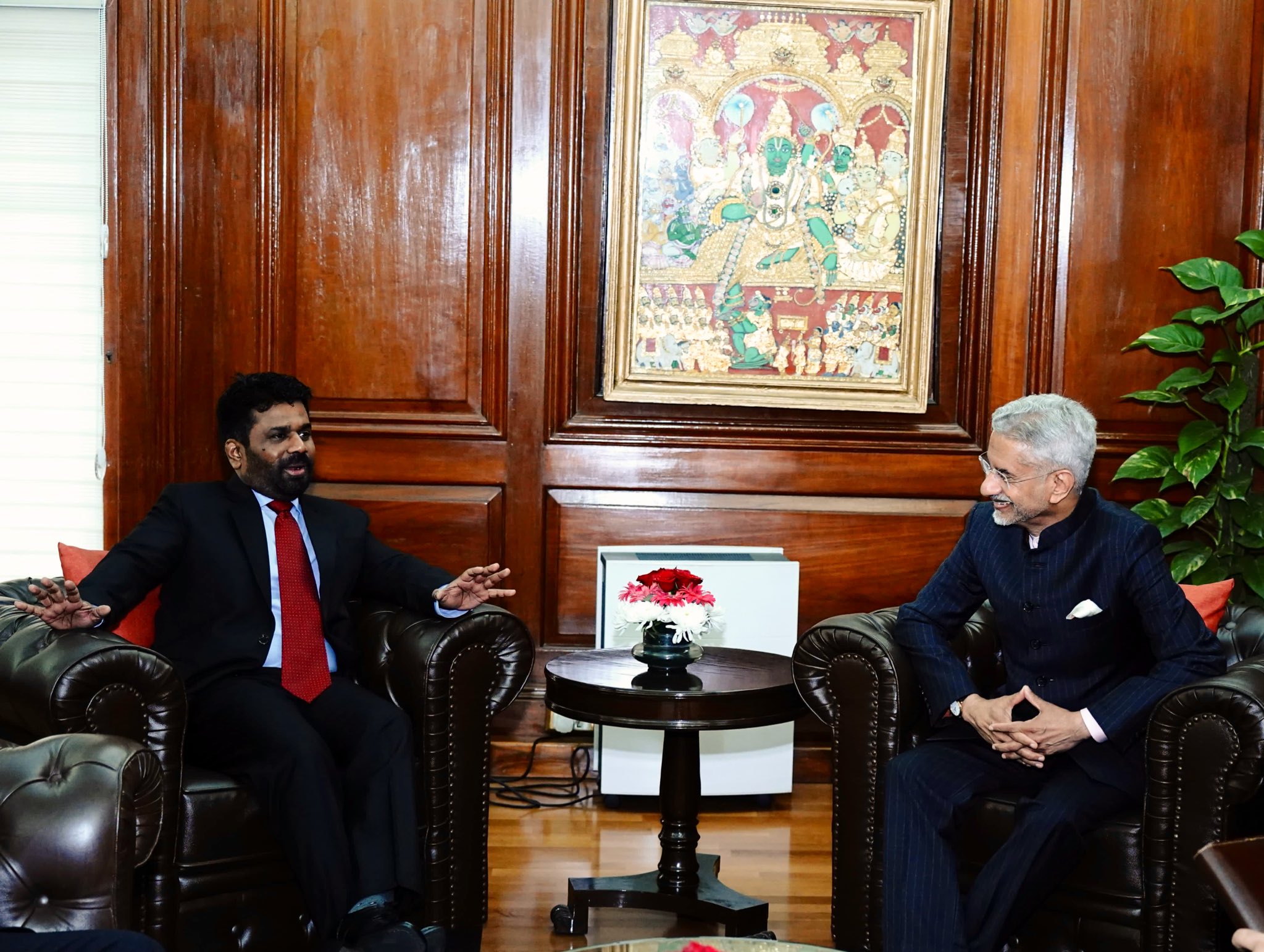Factum Perspective: The Sri Lankan Presence in India’s Foreign Policy
By Lakmali Bhagya Manamperi
The recent visit to India by Sri Lankan parliamentarian Anura Kumara Dissanayake, of the National People’s Power (NPP) party, made headlines in media. It spread suspicions that India will invite the heads of the other parties contesting in Sri Lanka’s presidential elections later this year.
However, based on its initial invitation to the NPP, we may infer that the foreign actors are correctly sizing up the state of Sri Lankan politics now.
With its victory over populism and ascent to prominence as a formidable third party, the NPP has decisively broken with Sri Lanka’s traditional two-party system. With an eye toward the future, India took the lead to mark its ties with NPP ahead its main rival, China.
Why India?
Sri Lanka occupies a strategic position in the Indian ocean. India is Sri Lanka’s largest trading partner. Even during the recent visit of the NPP delegation, there have been constructive discussions on the economic collaboration which will undoubtedly expand India’s hegemony in the region.
The significance of India’s desire to form a tight relationship with a socialist party lies in its potential to serve as a covert tactic against China’s dominating rhetoric in the region. India reportedly asked the team, how the NPP’s plan would safeguard their interests in terms of regional and state national security.
Every state would like to keep its “sphere of influence,” within the region. There have been times when Sri Lanka misunderstood its significance and as a result, suffered consequences. One example may be President Jayawardena’s solid alliance with the West in 1980s.
Although there have been periods of geopolitical friction in India’s ties, the country’s foreign policy has long been predicated on the neighborhood first approach. A few Sri Lankan presidents have also promised that their nation will not …read more
Source:: News Wire



